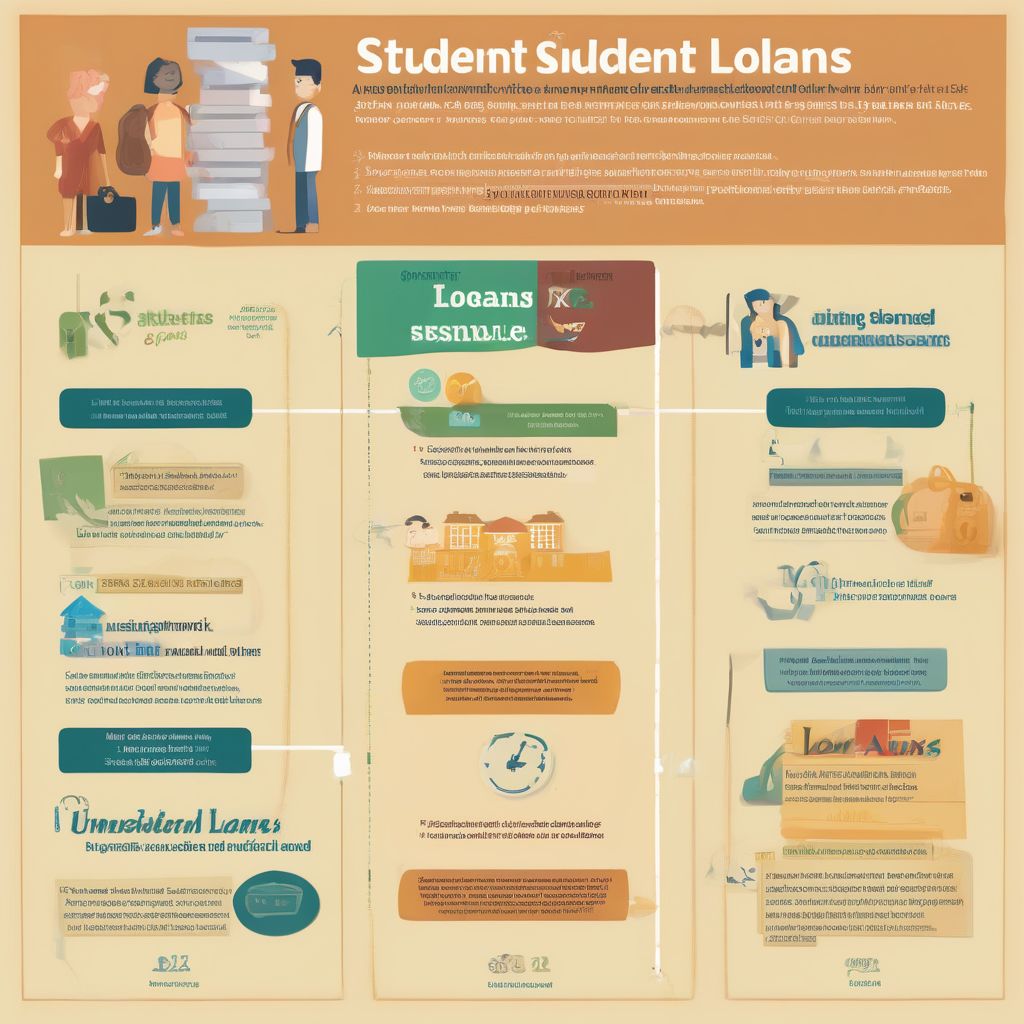
In the exciting journey towards owning your dream home, securing a mortgage pre-approval stands as a crucial first step. It’s more than just a formality; it’s a powerful tool that can give you a competitive edge in the real estate market and pave the way for a smoother home buying experience. But what exactly does “getting pre-approved for a home loan” mean? Let’s delve into this vital process and understand its significance.
Understanding Mortgage Pre-Approval
Getting pre-approved for a home loan involves having a lender review your financial situation – your income, credit history, and debts – to determine the amount they are willing to lend you for a mortgage. This assessment results in a pre-approval letter, a document that states your borrowing power and demonstrates to sellers that you are a serious and qualified buyer.
Why is Getting Pre-Approved Essential?
1. Know Your Budget: Pre-approval provides clarity on your price range, helping you focus your home search on properties you can realistically afford. This prevents disappointment and wasted time looking at homes outside your budget.
2. Strengthen Your Offer: In competitive markets, a pre-approval letter gives sellers confidence in your ability to secure financing, making your offer more attractive.
3. Negotiate with Confidence: Knowing your pre-approved loan amount empowers you to negotiate effectively with sellers, potentially leading to a better deal.
4. Faster Closing: With financing pre-arranged, the closing process is often smoother and faster, saving you time and potential stress.
Common Questions About Getting Pre-Approved for a Home Loan
Navigating the world of mortgages can be daunting, so let’s address some frequently asked questions about the pre-approval process.
1. What do I need to get pre-approved for a mortgage?
Lenders typically require documentation to verify your financial standing, including:
- Proof of Income: Pay stubs, W-2 forms, tax returns
- Credit History: Lenders will review your credit score and report.
- Debt-to-Income Ratio (DTI): Lenders assess your existing debts to determine your ability to repay the mortgage.
- Assets: Bank statements, investment accounts to demonstrate your financial resources.
2. How long does a mortgage pre-approval last?
Pre-approvals are usually valid for 60 to 90 days, though this can vary by lender.
3. Does getting pre-approved for a mortgage hurt my credit score?
A pre-approval typically involves a soft credit inquiry, which doesn’t impact your credit score.
4. Can I get pre-approved for a mortgage with a co-borrower?
Yes, you can apply for pre-approval with a co-borrower, such as a spouse or partner, to potentially qualify for a larger loan amount.
Navigating the Pre-Approval Process: Key Considerations
- Shop Around for Lenders: Compare interest rates and loan terms from multiple lenders to find the best fit for your needs.
- Maintain Your Financial Stability: Avoid making significant financial changes, such as opening new credit cards or making large purchases, during the pre-approval process.
- Review Your Pre-Approval Letter Carefully: Ensure all information is accurate and understand the terms and conditions.
 Comparing Mortgage Rates
Comparing Mortgage Rates
Conclusion: Your Pathway to Homeownership
Securing a mortgage pre-approval is a significant step towards achieving your homeownership dreams. It provides you with financial clarity, strengthens your position as a buyer, and streamlines the mortgage process. By understanding the requirements, asking the right questions, and working closely with your chosen lender, you can navigate this crucial stage with confidence and set yourself on the path to owning your dream home. Remember, this information is for general guidance and it’s essential to consult with qualified financial professionals and mortgage lenders to discuss your specific circumstances and obtain personalized advice.


